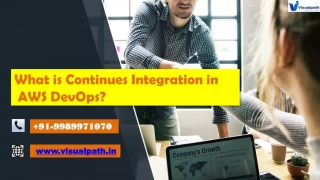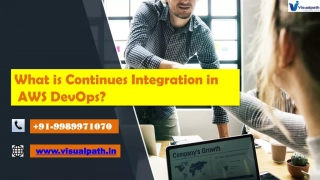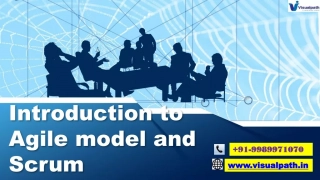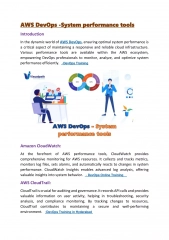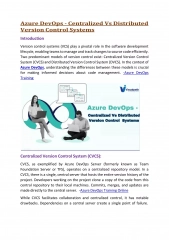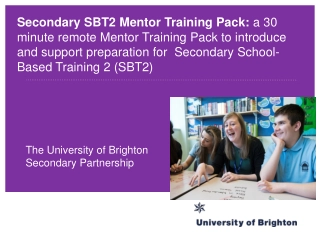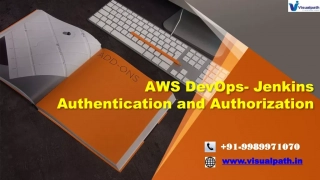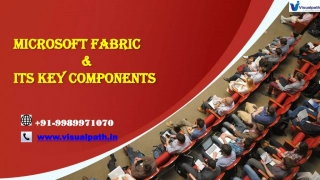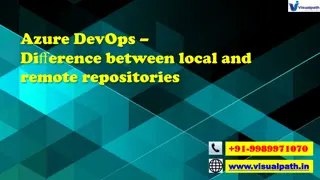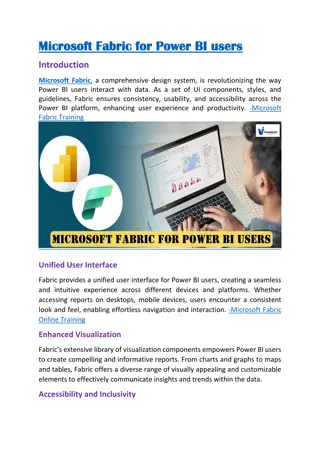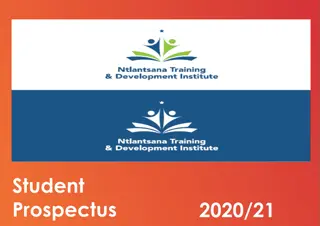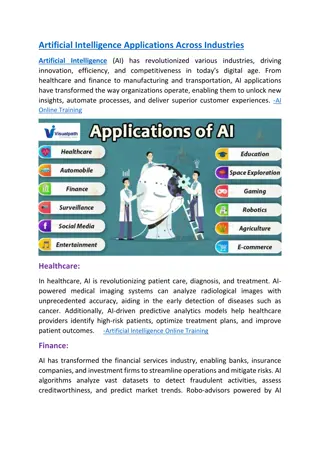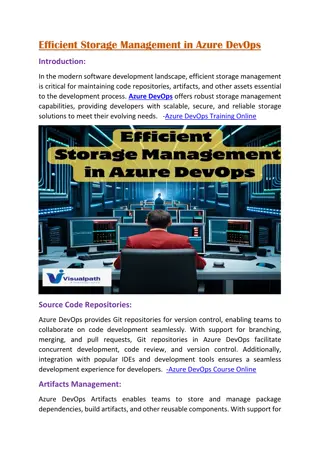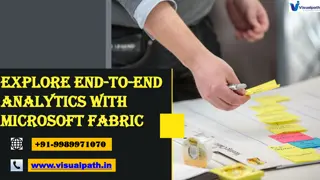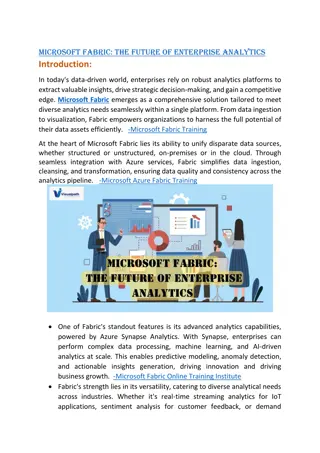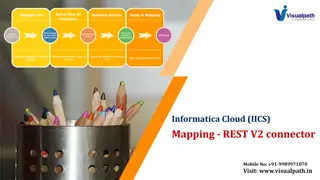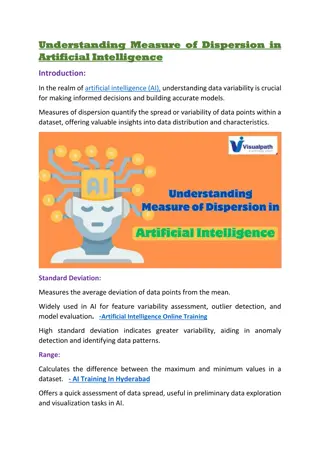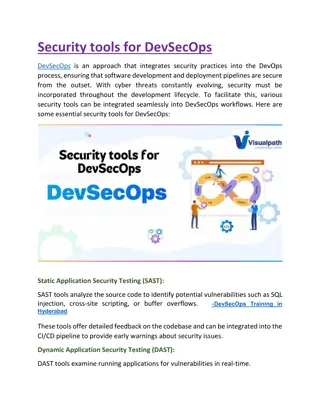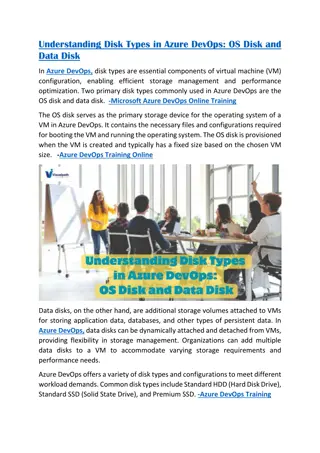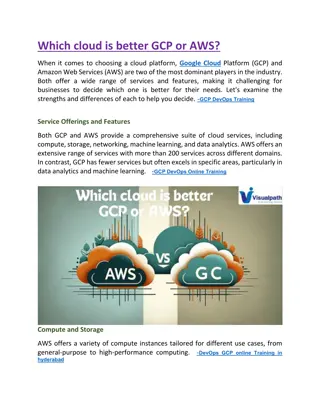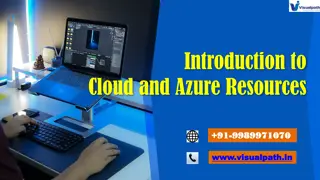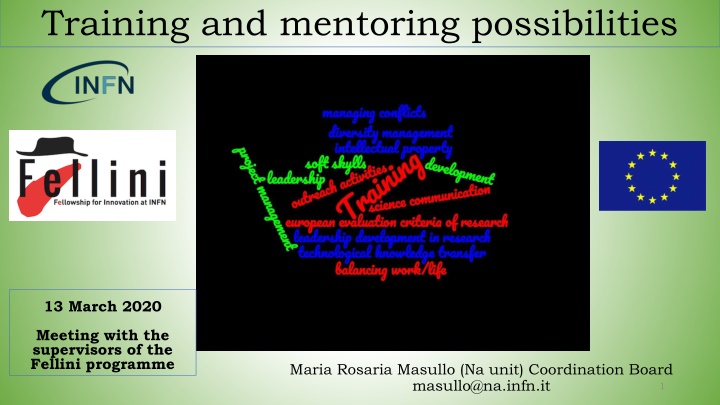
Personal Career Development Plans and Training Opportunities in FELLINI Programme
Explore the Personal Career Development Plans and training possibilities within the FELLINI Programme for research fellows. Develop essential skills, enhance interdisciplinary training, and improve work-life balance for a successful research career in Europe.
Download Presentation

Please find below an Image/Link to download the presentation.
The content on the website is provided AS IS for your information and personal use only. It may not be sold, licensed, or shared on other websites without obtaining consent from the author. If you encounter any issues during the download, it is possible that the publisher has removed the file from their server.
You are allowed to download the files provided on this website for personal or commercial use, subject to the condition that they are used lawfully. All files are the property of their respective owners.
The content on the website is provided AS IS for your information and personal use only. It may not be sold, licensed, or shared on other websites without obtaining consent from the author.
E N D
Presentation Transcript
Training and mentoring possibilities 13 March 2020 Meeting with the supervisors of the Fellini programme Maria Rosaria Masullo (Na unit) Coordination Board masullo@na.infn.it 1
Personal Career Development Plans (CDP) Fellini is not only a research programme, but also provide all Fellows with an ideal basis for their future careers, preparing them for a wide range of career options In this context the Personal Career Development Plan (CDP) is an important tool Fellows are required to define their CDP at beginning of their programme, with input also from supervisors and the CB, according to their needs. CDPs will be formally updated annually (see Luisa Iacono presentation) The CDP is a tool for researchers to plan, monitor and evaluate their progress in the acquisition of skills, experiences and advancement in their career. The CDP will comprise fellows scientific objectives and training needs, including complementary skills: primarily on scientific and technological knowledge through research on individual, personalised projects; management and financing of research projects and programmes; intellectual property rights; entrepreneurship, how to create spin-off companies; science communication, dissemination skills soft skills public engagment 2
The training inside FELLINI Desirable competences to be developed for being a researcher in Europe: Communicate with the wider community, and with society generally, about your areas of expertise Coach PhD researchers, helping them to be more effective and successful in their R&D trajectory Understand the value of your research work in the context of products and services from industry and other related employment sectors 3
The training inside FELLINI fellows participation to the existing INFN training programme and/or to ad hoc format Train young researchers in their field of research Provide opportunities for increasing managerial experience: Improve the young researcher employement perspective Enhance the multi-disciplinarity of training, increasing the level and quality of interaction with other excellent research centres and with private companies: Strengthen the creative and innovative potential of researchers through intersectoral mobility Training on Intellectual Property and Technology Transfer Interdisciplinary research training Improve soft skills of the fellows Provide the researchers with organizational and soft skills necessary for team- based research work Work-life balance, time management 4
The training inside FELLINI fellows participation to the existing INFN training programme and/or to ad hoc format According to fellow needs (CDP) and to enhance their professional development, the training funds can be used for the participation to: schools, ad hoc courses directly related to the execution of the scientific project; workshops or conferences regarding topics not strictly connected to the research project, but useful to develop complementary skills. 5
Training funds Available 300 /month for training According to fellow needs and to enhance their professional development, the training funds can be used for the participation to: schools, ad hoc courses directly related to the execution of the scientific project; workshops or conferences regarding topics not strictly connected to the research project, but useful to develop complementary skills. In addition to these opportunities, the fellows will have access to the INFN National Training Plan training programme. In these cases all the expenses will be covered directly by the national training funds. 6
INFN national training programme (https://www.ac.infn.it/personale/formazione/pf2020/PIANO_FORMATIVO_N AZIONALE_2020.pdf) The national programme includes different technical and scientific courses, which change from one year to the other on the base of employees and administration requirements. Some examples: National training for Horizon EUROPE Physics and Communication: Dissemination and Communication of european project Physics and Communication: the scientist on the stage. The format and the activities Normally the training language is Italian, but we can ask for English or organize courses for English speaking people 7
An example: Training on European Research Project Design A focus on ERC Module 1: Orientation- Design Project Studio 1) Orientation: categories of calls and opportunities (with deeper information on ERC) 2) Design: putting ideas on paper (tips to create a successful project structure) 3) Project studio: how to deal with project tools and instruments (tips to manage the project writing and execution) Module 2: Self-Branding - Speech - Stories 4) Self-Branding: writing and customizing an appealing CV (tips to adapt the CV to different scenarios) 5) Speech: How to defend your project, activity and idea (tips to prepare a convincing speech for different scenarios) 6) Stories: presentation of INFN ERC winners (tips succeed, from starting idea to the daily project implementation) 8
An example of Training course on Project Management Introduction to Project management organization, communication, documentation and management Project Quality Management verification and validation processes Project Risk Management risks and uncertainties 9
An example of Training course on Communication and Outreach Sharing your ideas with the public Choose a method Understanding audiences Find funding opportunities available to support public engagement activities. 10
INFN Physics Schools Examples of INFN schools XXXII INTERNATIONAL SEMINAR of NUCLEAR and SUBNUCLEAR PHYSICS "Francesco Romano" https://agenda.infn.it/event/21318/ Course on Innovative detector (theory and experiment) https://agenda.infn.it/event/15095/program XVII Seminar on Software for Nuclear, Subnuclear and Applied Physics and official Geant4 School https://agenda.infn.it/event/20606/ https://www.facebook.com/SoftwareandGeant4School/?ref=aymt_homepage_p anel 11
Which kind of useful expertise you can find inside INFN . A national Committee on the Third Mission (outreach, dissemination): CC3M ( in each INFN division there is a local contact person) The primary objective of the Committee is to coordinate local initiatives for the dissemination of scientific culture with an impact on a national level A National External Funds unit for supporting the INFN researchers (in some INFN division there is a local contact person .work inprogress) : https://fondiesterni.infn.it/index.php/it/ fondiesterni@lists.infn.it A National Committe for Technological Transfer (CNTT) and a Central Office in Frascati ( in each INFN division there is a local contact person) https://web.infn.it/TechTransfer/index.php/en/ Technology licensing, fostering innovation A central Communication Office that takes care of INFN communication towards the external world and also national outreach events http://home.infn.it/en/media-outreach Comunicazione@presid.infn.it 12
Training at companies Fellows can opt for the opportunity to develop a part of their research project in the industrial environment through a secondment period they will spend at the companies, working at targeted projects defined such as to allow them to apply to their academic research the acquired experience at the company. The company could help them to find industrial and interdisciplinary applications of their work output. Companies can provide training on*: project management, technological processes, quality assurance methodology, product development product lifecycle management, complex project coordination financial planning of R&D activities industrial development of R&D results in the microelectronic field *Seven private companies have agreed to provide their official support to the FELLINI fellowship programme 13
A Mentoring Programme (MP) The word itself was inspired by the character of Mentor in Homer's Odyssey. In ancient Greek ( ) he is a character of Greek mythology, son of Alcimo. Though the actual Mentor in the story is a somewhat ineffective old man, the goddess Athena takes on his appearance in order to guide young Telemachus in his time of difficulty. Mentor is different from a supervisor/tutor Mentoring is multidimensional and involves more than the academic part of a person the way tutoring does it concerns a persons life. A tutor assists someone with learning a new process or concept, whereas a mentor goes far beyond the role of a tutor. A mentor intentionally focuses on building quality relationships, sharing life experiences and positive views on making the most out of a person s future. A tutor focuses on short term outcomes whereas mentoring improves the young person s capabilities for life long learning. 14
A Mentoring Programme (MP) The MP will last 10/12 months and will be organised in the second year of the fellowship. It will be a transdisciplinary mentoring program aimed to achieve the own professional development goals of the mentee and to develop their career skills. The programme will be supported by other activities (such as training seminars, contact with SME, etc.) that will contribute to sustain the programme. The programme is based on 5/6 meetings (face-to-face or via internet connection) that have to last 2hours each. A model of relationship centered on mentees 15
A Mentoring Programme (MP) The main goal of MP is to transfer to young researchers all the expertise needed: to achieve leadership positions in research management, both in academia and in other public or private research centres to develop personal skill and potential. in addition, in an attempt to make a real impact on the careers of researchers, some training courses will be devoted to gender diversity management. The mentors will belong to Italian and International research community (University and research centres) involved in research field different from the mentee one (transdisciplinary mentoring) Our idea is to look for mentors among supervisors, among those who want to volunteer The role of the mentor is: to provide advice on career paths, to help navigate organizational politics, to be a sounding board about office politics, to prevent isolation at work, to help create a culture that better supports gender diversity managment to take into account fellow CDP 16
A Mentoring Programme (MP) The objective of MP is to support young researchers in the acquisition of the following skills: a) Leadership development in research b) Diversity management c) National evaluation criteria of research d) European evaluation criteria of research e) Ability to apply as leader for funding programmes in research f) Liaising between the university and private industry g) Balancing work/life and leisure h) Inclusive communication i) Fundamental concepts of diversity and inclusion 17

